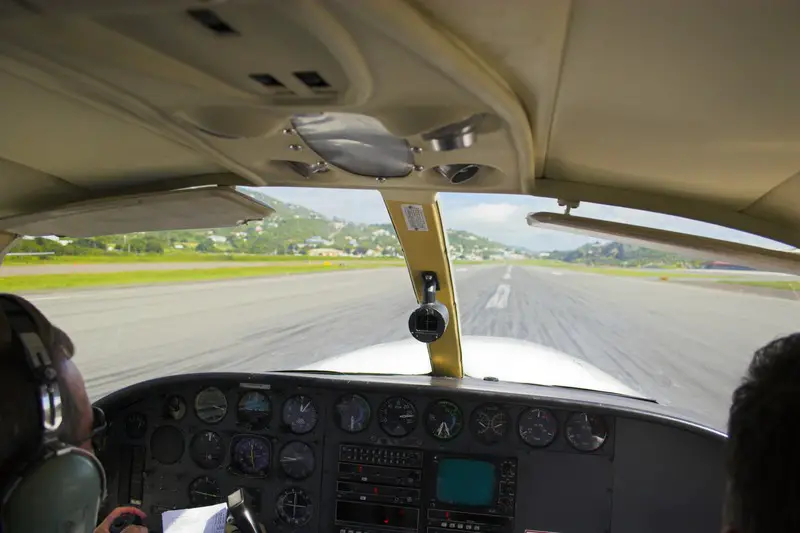In an extraordinary incident that unfolded over the skies of North Carolina on Sunday, April 7, 2024, a passenger was thrust into a life-saving role after a sudden medical emergency incapacitated the pilot, Professor Joseph Izatt, a respected figure from Duke University.
The flight, which originated from Raleigh-Durham International Airport, at 3:30 p.m., was expected to be like any other until the pilot became unconscious, leaving the passenger to maneuver the aircraft.
At the time of the medical incident, the individual in the passenger seat was a flight instructor engaged in conducting an instrument proficiency check. The instructor, whose identity was not revealed, reported to air traffic control that the pilot had become unconscious.
The flight Instructor who assumed control of the aircraft communicated to the control tower once the airport was in view. He admitted his lack of familiarity with the aircraft model and expressed a preference for not making a direct approach to the runway. He suggested, “It might be more prudent to approach in a pattern that allows me to adjust the aircraft’s speed and other parameters to my liking. Directly approaching in an unfamiliar aircraft can be notably more challenging.”
Evan Caulfield, who was dropping his daughter off at the airport for a commercial flight, captured the incident’s aftermath on his cellphone. His footage revealed several emergency vehicles present on the runway.
Caulfield shared with a local news outlet, “I’ve been aware of numerous similar incidents, and it was fortunate there was a passenger capable of landing the aircraft. Emergencies occur frequently, and there are measures people can take to safeguard themselves. In aviation, having a co-pilot or someone knowledgeable in flying is vital. Awareness of situations and the commendable actions by emergency medical services, firefighters, and police is crucial for public safety.”
The private plane, a single-engine Cirrus SR-20, successfully landed at the same airport from which it departed, Raleigh-Durham International Airport. A local news outlet disclosed that Izatt and Coherent Aviation in Raleigh owned the aircraft.
Despite the successful landing and the rapid emergency response, Izatt’s condition did not improve, and he was pronounced dead. It has been suggested that he suffered a heart attack during the flight, but nothing has been confirmed.
Professor Izatt, 61, who led a distinguished career as the Michael J. Fitzpatrick Professor of Engineering and chair of Duke University’s Department of Biomedical Engineering, was known for his pioneering work in medical imaging and his profound impact on academic and local communities.
Duke University’s announcement of Izatt’s passing, accompanied by the lowering of campus flags to half-staff, reflected the depth of loss felt by the academic community and beyond.
Dean Jerome Lynch of Duke University lauded Izatt as an “exceptionally thoughtful leader” whose decisions were always guided by his deep affection for the biomedical engineering community. His contributions to the field, including over 200 published papers and over 75 US patents, underline the significance of his loss to Duke and the broader scientific community.
Izatt leaves behind his wife and three children.











